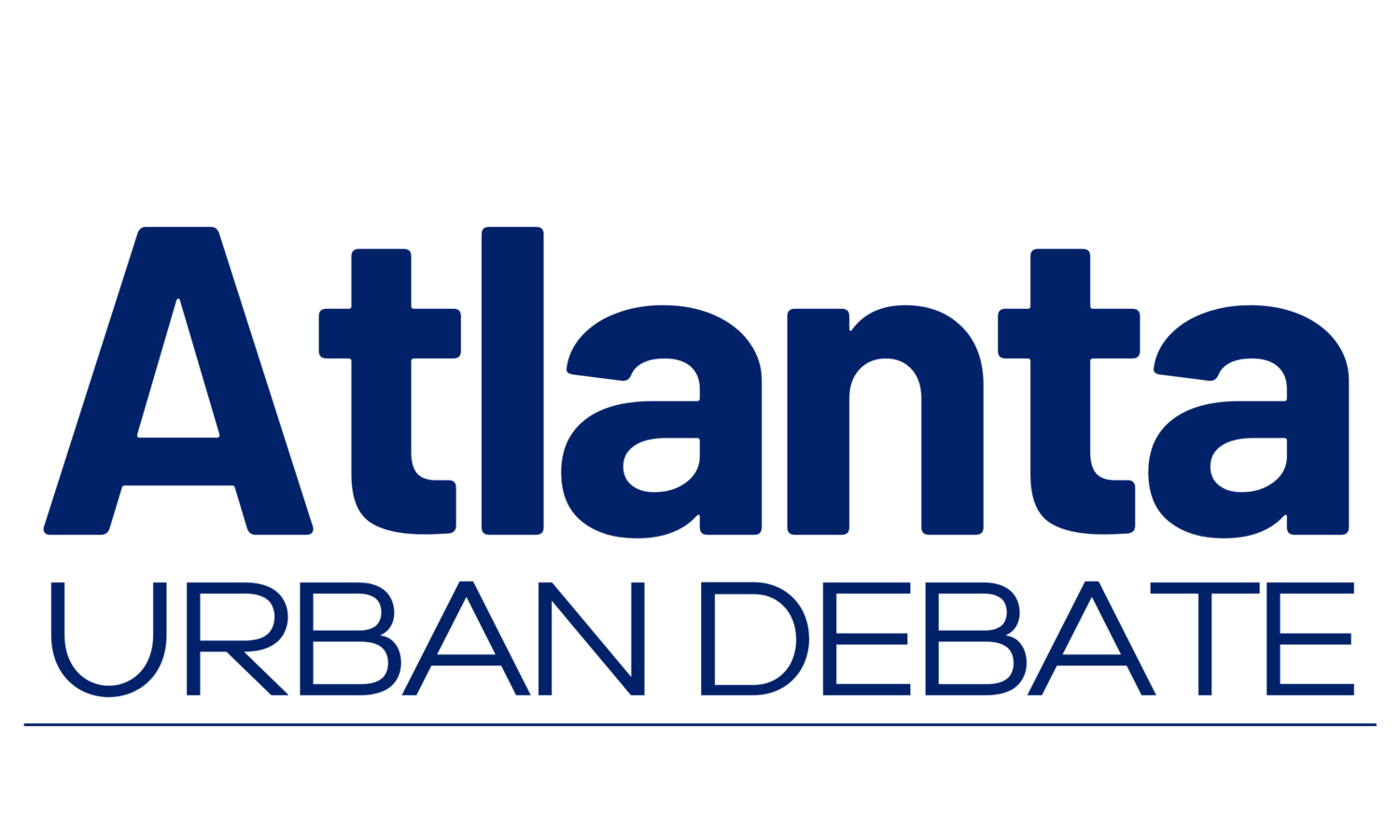The Atlanta Urban Debate League is committed to providing excellent debate education programs, services, and opportunities to diverse students, educators, and members of the community!
Intermediate Debate Skills
Judge Adaptation
Introduction
While debaters may be well versed in all the technical jargon of policy debate and the evidence packet, judges could walk into the round with any level of familiarity with debate or the topic. Common types of judges include:
Lay judges: Judges without specialized debate knowledge; often parents or other volunteers. Assume they are not familiar with the topic or debate jargon.
Debaters: Judges who have competitive debate experience and know the technical details of debate.
Experienced volunteers or coaches: Those who have judged many rounds regardless of competitive experience. They tend to be familiar with the topic and best practices even if they do not know the technical details of debate.
There are some key questions debaters can ask judges before a round to get a sense of how they should adapt:
Did you debate in high school and/or college?
Have you judged a lot of rounds this year/are you familiar with the topic?
Do you allow tag-teaming during cross-examination?
Should we look at you or the other team during cross-examination?
Different kinds of judges will likely prefer different styles of debate. Students should learn how to explain the same ideas for different audiences. For example, let’s look at how students could explain a dropped argument differently:
In front of a lay judge, debaters should use plain language to explain their arguments and their significance in the round.
“Vote affirmative because they didn’t refute that doing our plan does not cause a resource war, so there’s no drawback to doing the plan but major consequences if we do nothing.”
In front of more experienced judges, debaters can use technical terms and don’t have to explicitly spell out how each argument factors into the debate.
“Vote aff because we outweigh on risk—they dropped that the plan doesn’t link to the disadvantage, so our harms are the only impact you should worry about.”
Learning Objectives
In this section, students should:
Understand the difference between an experienced judge and a lay judge.
Develop plain language explanations of debate concepts and arguments.
Points of Improvement
Here are flags that students are struggling to adapt their speeches:
Students struggle to explain arguments without debate terminology.
Explanations are overly detailed and time-consuming.
Speeches rely on judges already being familiar with the evidence.
Signs of Progress
Here are some positive signs that students can adapt to any judge:
Students can explain arguments using plain language.
Argument summaries are succinct and accurate.
Students can articulate why specific arguments matter in the broader context of the debate round.
